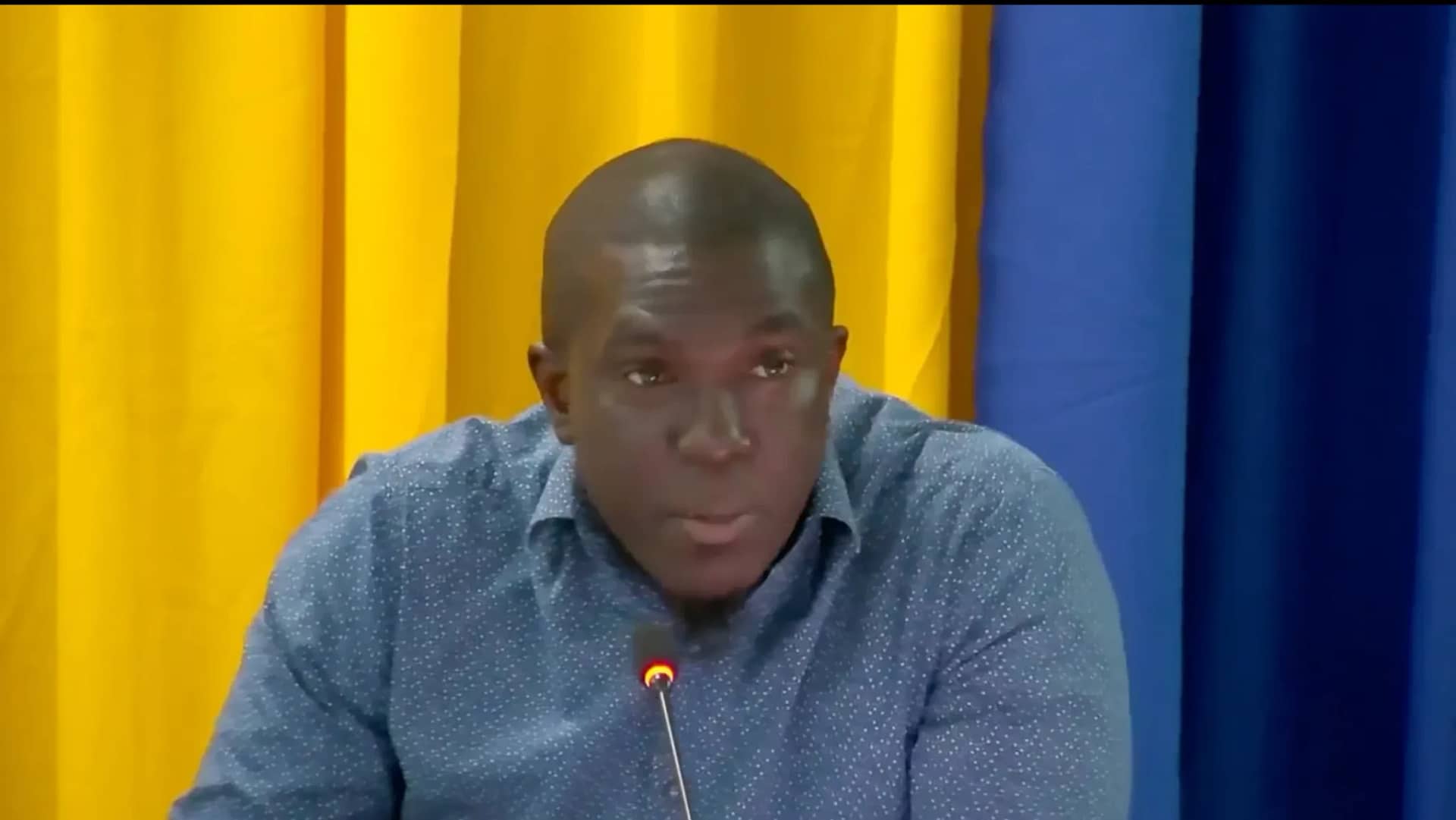Opposition Leader Jamale Pringle has announced that his party, the United Progressive Party (UPP), is contemplating the use of a writ of mandamus to compel the government to adhere to financial disclosure laws. Pringle accused Prime Minister Gaston Browne of withholding crucial financial reports from Parliament, thereby undermining transparency and accountability. Speaking at a UPP town hall meeting, Pringle highlighted the 2006 Finance Administration Act, which mandates the Minister of Finance to submit detailed investment reports and related agreements to Parliament. He pointed out that these reports, including those concerning the government’s Jolly Beach investment and Social Security financials, have not been made available to the public. Pringle criticized the Prime Minister for allegedly blocking access to audit opinions that were unfavorable, describing the move as unlawful. The writ of mandamus, a court order requiring a public official to perform a legal duty, is one of several legal avenues the UPP is exploring to ensure compliance. Pringle emphasized the importance of public pressure in holding the government accountable, regardless of the court’s decision. He framed this legal action as part of a broader effort to restore confidence in public financial management and strengthen accountability.
博客
-

LETTER: Why is it that in 2025, nurses in Antigua are still required to wear white?
In 2025, the Sir Lester Bird Medical Center in Antigua continues to mandate white uniforms for its nurses, a practice that has sparked significant debate. While white may symbolize cleanliness and professionalism, its practicality in a hospital setting is questionable. White uniforms are prone to visible stains and spills, which not only cause discomfort for nurses but also may mislead patients about hygiene standards. Furthermore, maintaining white uniforms is labor-intensive and costly. The fabric fades quickly, loses its crispness, and becomes difficult to restore after repeated washes and bleaching. This forces nurses to frequently purchase new uniforms, adding financial strain to an already demanding profession. Despite a uniform allowance provided to nurses, the frequent need for replacements renders this benefit ineffective. Nurses have repeatedly advocated for a shift to more practical, colored scrubs, which are easier to clean, more durable, and cost-efficient in the long run. However, the administration has resisted these changes, clinging to outdated standards. Globally, nursing attire has evolved to meet both practical and professional needs, with colors like navy blue, burgundy, and patterned scrubs becoming the norm. It is high time for Antigua to align with these modern practices, ensuring that nurses have uniforms that are both practical and professional, thereby reducing unnecessary stress in their already challenging roles.
-

New Abattoirs to Cut Antigua and Barbuda’s $175M Import Bill
In a strategic move to curb its hefty $175 million annual meat import bill, Antigua and Barbuda has announced plans to construct two new abattoirs and upgrade its existing facility. Agriculture Minister Anthony Smith Jr. revealed the initiative during an appearance on ABS Television’s ‘Government in Motion,’ emphasizing the government’s commitment to reducing reliance on imported livestock products. The new abattoirs will specialize in poultry and pork/small ruminants, while the current facility will be retrofitted for beef processing. Smith highlighted the unsustainable nature of importing EC$175 million worth of livestock products annually, stating that the investment aims to empower local farmers to meet domestic demand. The projects are part of a broader strategy to enhance food security, create new markets for local producers, and stimulate economic growth. The government is collaborating with stakeholders to provide farmers with access to financing, land, and technical training to maximize the benefits of the increased processing capacity. Additionally, the initiative is expected to generate employment opportunities and retain more revenue within the local economy. The abattoir projects, currently in the planning and procurement phase, are among several flagship initiatives the Ministry of Agriculture aims to complete by 2028. These include aquaculture training, a tissue culture lab for the Antigua Black pineapple, and expanded agro-processing facilities. This comprehensive approach underscores the government’s dedication to fostering agricultural self-sufficiency and economic resilience.
-
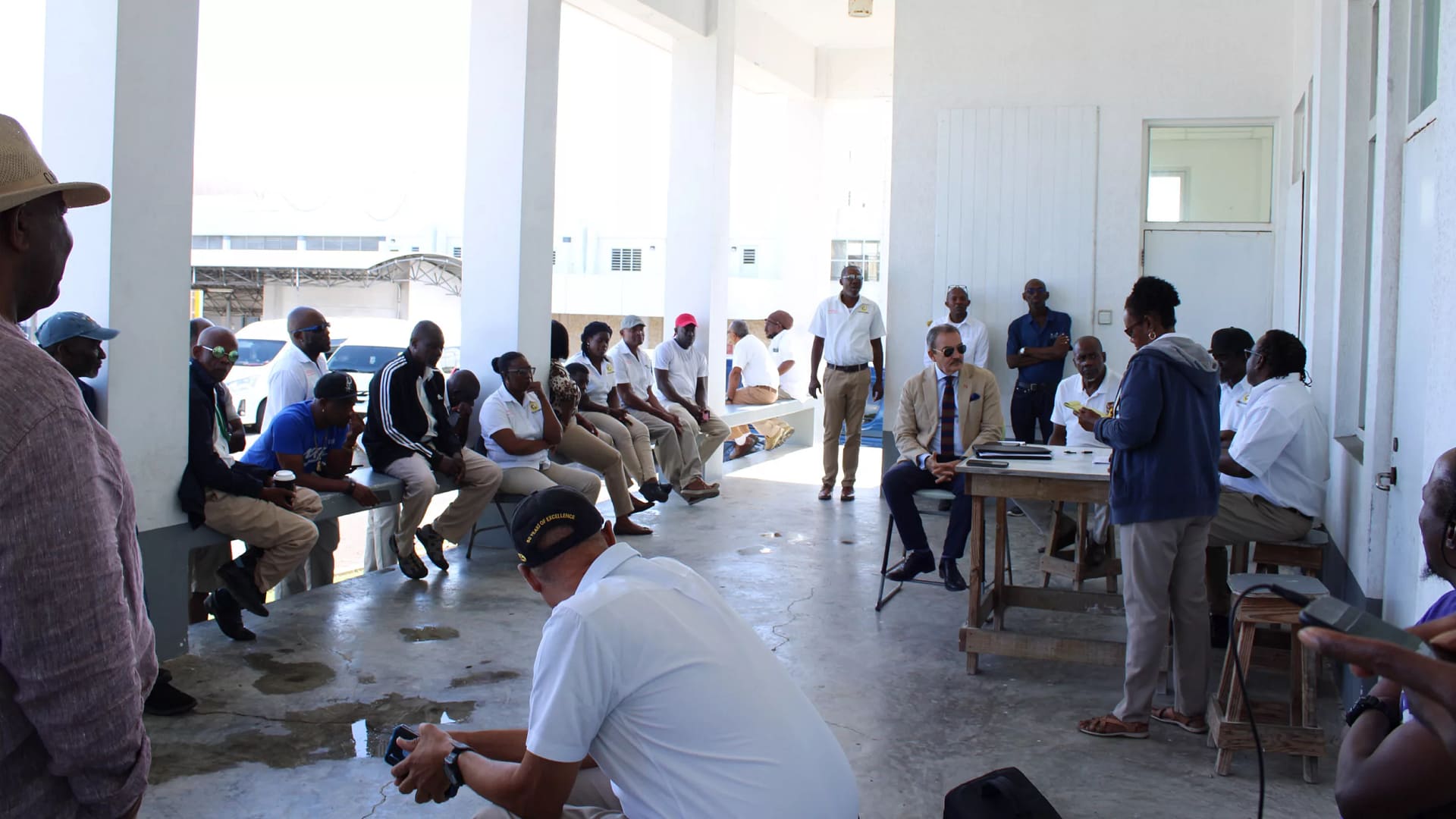
Airport Taxi Operators Weigh Proposals to Curb Illegal Pickups
Licensed taxi drivers at VC Bird International Airport are intensifying their efforts to address the growing issue of unauthorized pickups, which they claim undermines their livelihoods and disrupts airport operations. On Wednesday, representatives from the United Taxi Company (UTC) convened to discuss an eight-point plan aimed at restoring order and ensuring fair competition. The proposal, submitted earlier this week to Attorney General Sir Steadroy Benjamin, outlines measures to curb the activities of unlicensed drivers and create a more structured system for airport-based transportation services. Among the key recommendations are increased police enforcement against illegal operators, the establishment of a separate licensing framework for airport taxis, a royalty arrangement benefiting UTC, and the implementation of a dispatch system to manage passenger pickups more efficiently. UTC President Ian Joseph emphasized that the plan is not about exclusion but about fostering fairness, safety, and accountability. He welcomed the formation of a government-led committee to review the proposals, viewing it as a positive step forward after weeks of mounting tensions. Attorney General Benjamin has indicated that the measures will soon be presented to the Cabinet for further consideration.
-
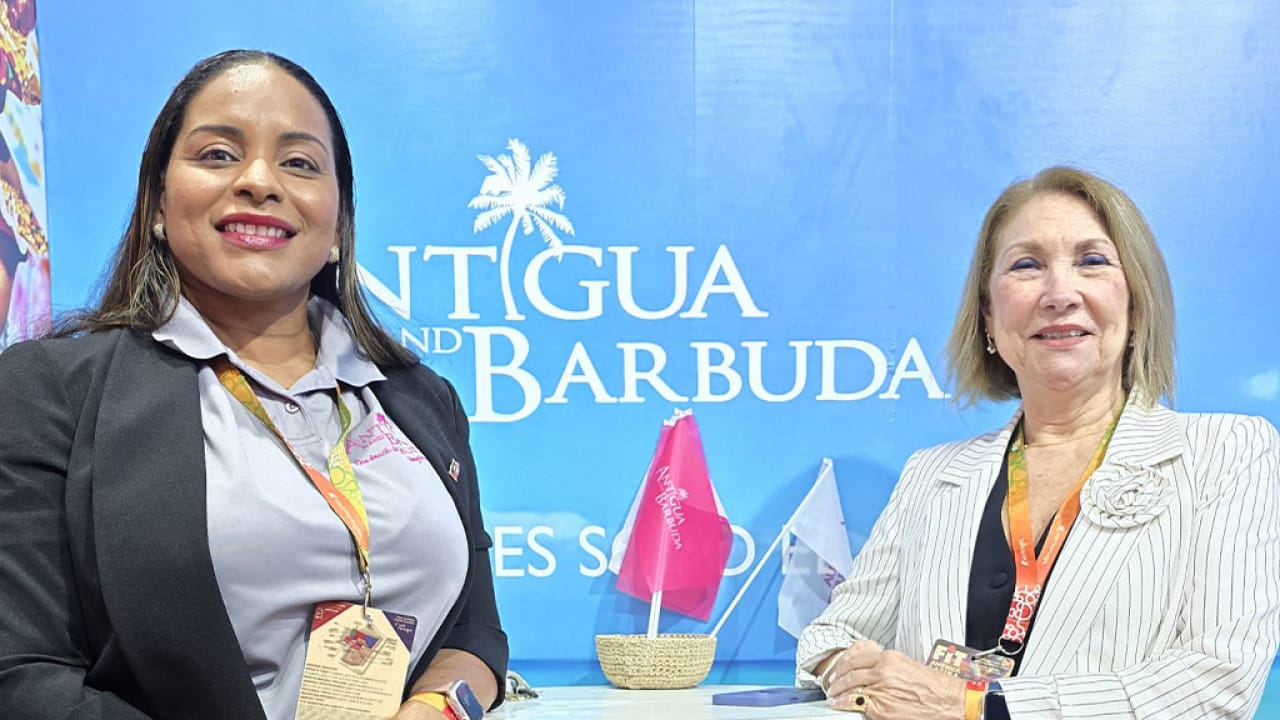
Antigua and Barbuda seeks to consolidate its presence in the Argentine market
Charmaine Spencer, Director of Tourism for the Caribbean and Latin America at Antigua and Barbuda, alongside Else Petersen, CEO of EM Marketing & Communication, shared insights during their participation in FIT 2025 in Buenos Aires. The event, held on September 30, 2025, marked a strategic effort to deepen the Caribbean nation’s presence in the Argentine market. Spencer expressed her enthusiasm for engaging with Argentine travel agents and consumers, emphasizing the growing interest in Antigua and Barbuda as a premier destination. She highlighted the importance of understanding market expectations and providing the necessary tools to promote the islands effectively. The positive reception from Argentine visitors has motivated the tourism board to further strengthen its relationship with the region. Spencer noted the steady increase in Argentine tourists and the potential for further growth. She also discussed the evolving preferences of Latin American travelers, who are increasingly drawn to unique and exclusive destinations. Notably, the mention of Lionel Messi’s honeymoon in Antigua and Barbuda has piqued interest, showcasing the islands’ paradisiacal beaches and luxury accommodations. To enhance accessibility, Antigua and Barbuda has introduced several initiatives, including the new international airport in Barbuda, homeporting options for cruises, and a weekly charter flight from Cartagena. These efforts aim to simplify travel logistics and attract more Latin American visitors. Looking ahead, the destination is gearing up for a packed tourism calendar, featuring events such as Wellness Month, culinary festivals, and the Black Pineapple Awards, which recognize top travel agents. The ongoing commitment to visibility and industry engagement underscores Antigua and Barbuda’s dedication to becoming a leading Caribbean destination for global travelers.
-
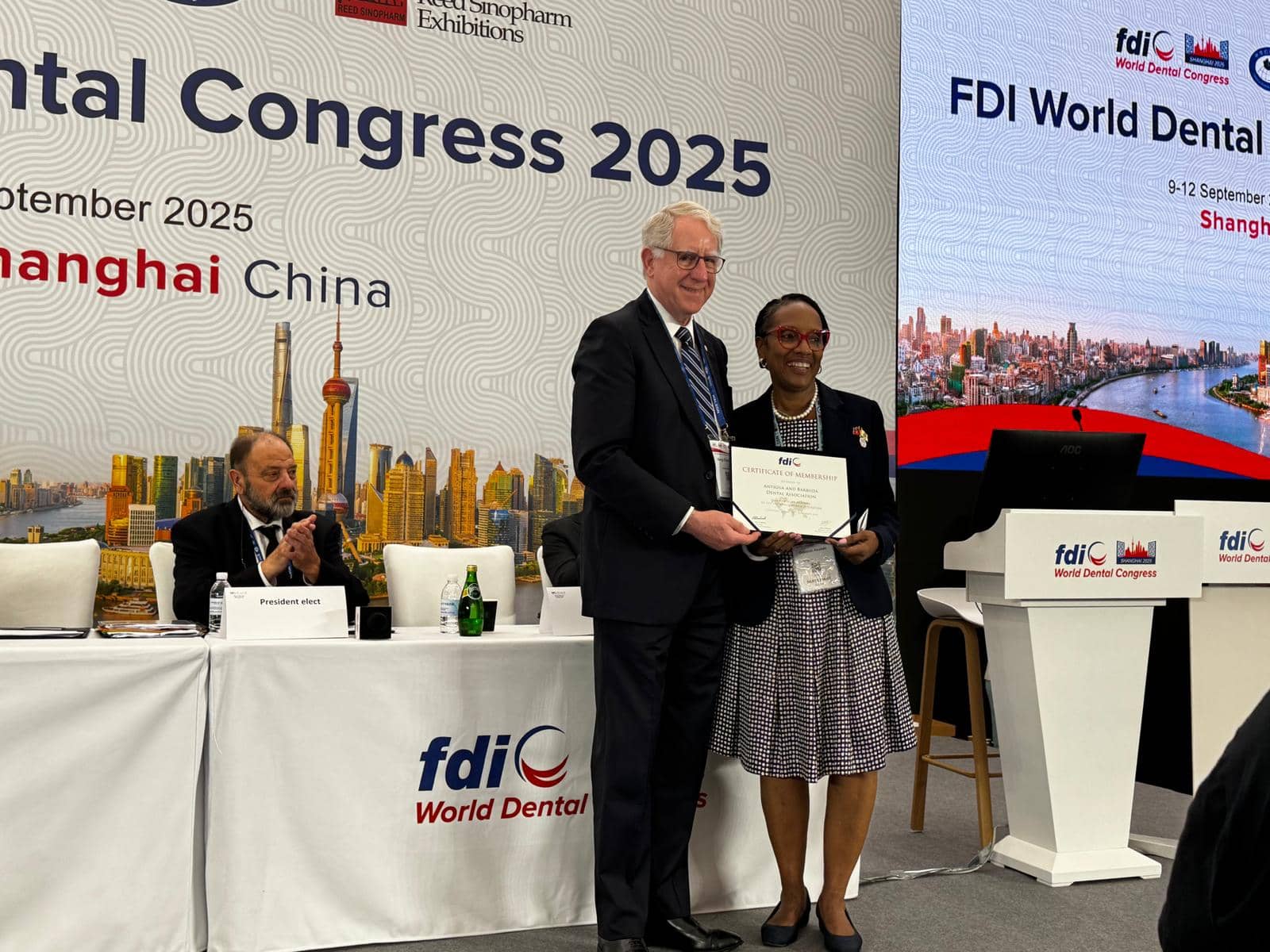
Antigua and Barbuda Joins the FDI World Dental Parliament
In a landmark achievement for the Caribbean nation, Antigua and Barbuda has been officially granted membership in the FDI World Dental Parliament. The prestigious recognition was conferred during the World Dental Congress held on September 11, 2025, at the National Exhibition and Conference Center in Shanghai, China. Dr. Deborah Akande, President of the Antigua and Barbuda Dental Association (ABDA), proudly accepted the nation’s certificate on stage, marking a significant milestone in the country’s dental healthcare journey. The FDI World Dental Federation, the foremost global organization representing nearly 200 national dental associations and over one million dentists worldwide, plays a pivotal role in shaping international dental policies and strategies. With this inclusion, Antigua and Barbuda joins fellow Caribbean nations such as Barbados, Jamaica, and Bermuda in the Parliament. Dr. Akande emphasized the importance of this achievement, stating, ‘Antigua and Barbuda’s entry ensures our nation has a voice on the global dental stage. This milestone reflects the vision and commitment of our Association and Executive, as well as the innovative initiatives we have launched to improve oral health.’ The historic appointment is expected to unlock new opportunities for regional collaboration, education, grants, and leadership in global oral healthcare, further elevating the nation’s standing in the international dental community.
-
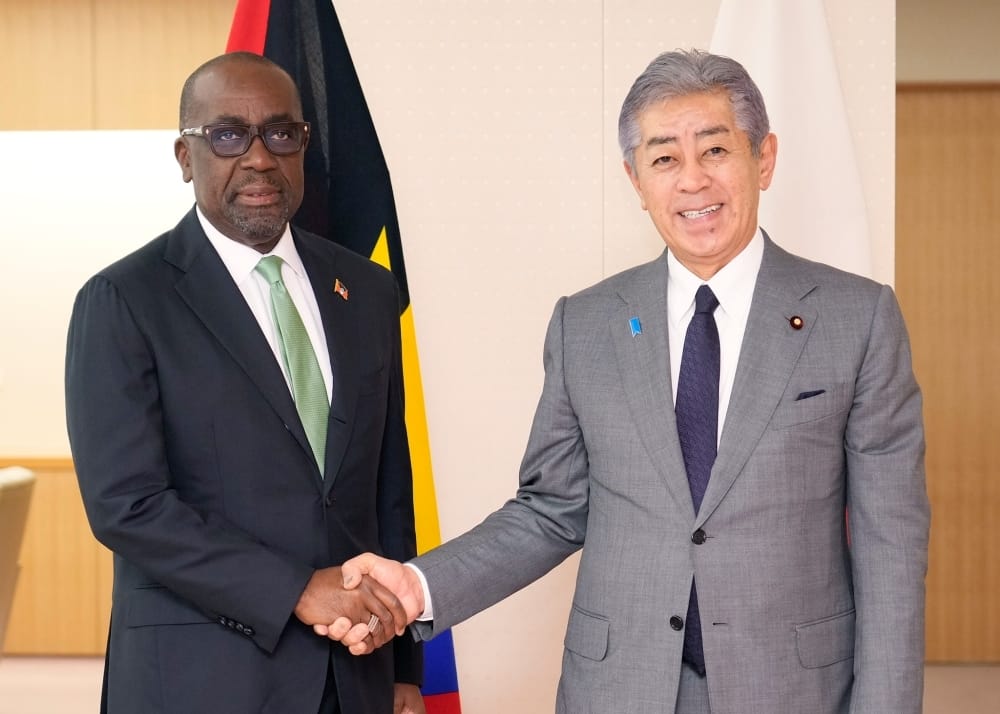
FM Greene meets Japanese counterpart
On September 30, 2025, Japanese Foreign Minister IWAYA Takeshi held a significant meeting with Antigua and Barbuda’s Foreign Minister, the Hon. Everly Paul Chet Greene, during the latter’s visit to Japan for Expo 2025 Osaka, Kansai. The 35-minute discussion marked Minister Greene’s third visit to Japan and underscored the growing diplomatic ties between the two nations. Minister IWAYA highlighted the importance of Antigua and Barbuda’s National Day celebration at the Expo, held on September 28, as a pivotal moment to showcase the Caribbean nation’s culture and identity on a global stage. Minister Greene expressed gratitude for Japan’s multifaceted support and reiterated his commitment to deepening bilateral relations and international collaboration. Both ministers emphasized their shared goals of addressing the unique challenges faced by small island states, leveraging Japan’s technological expertise and private sector involvement to foster sustainable development. The dialogue also extended to regional security concerns, particularly policies toward North Korea, including nuclear and missile issues and the abductions problem. The ministers agreed to enhance cooperation in upholding a free and open international order grounded in the rule of law. This meeting not only reinforced the existing partnership but also set the stage for future collaborative efforts in addressing global and regional challenges.
-
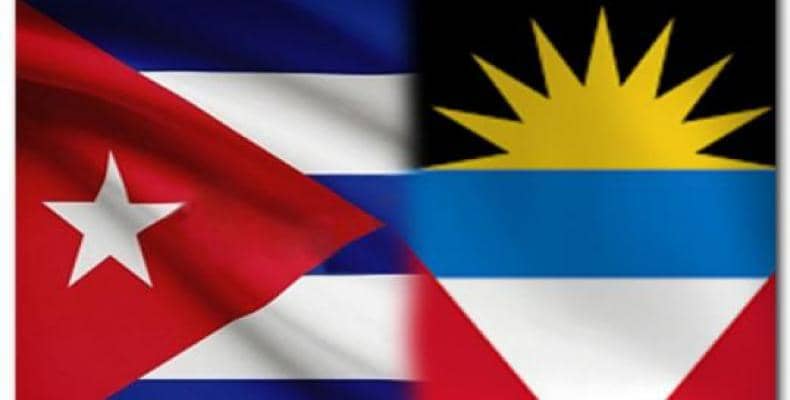
Antigua joins More than 40 United Nations calling to lift the blockade against Cuba
The 80th session of the UN General Assembly concluded with resounding calls to lift the US blockade against Cuba, a topic that was raised over 40 times during the High-Level Segment. Ambassador Dionisio Da Costa Babo Soares of Timor-Leste, in his closing remarks, condemned the longstanding unilateral sanctions imposed on the Caribbean nation. Nicaraguan Foreign Minister Denis Moncada echoed this sentiment, denouncing the ‘horrific, odious, and execrable policies of criminal economic blockade’ and reaffirming solidarity with Cuba and Venezuela. A coalition of nations, including Brazil, South Africa, Vietnam, Russia, and Mexico, voiced their support for Cuba, highlighting the global consensus against the blockade. Cuban Foreign Minister Bruno Rodríguez emphasized the blockade’s devastating impact, describing it as a ‘comprehensive and prolonged economic war’ aimed at undermining Cuba’s sovereignty and livelihood. He also criticized the US for labeling Cuba as a state sponsor of terrorism, a claim he called ‘cynical’ and unsupported by the international community. The session underscored the growing international pressure on the US to reconsider its policies toward Cuba.
-
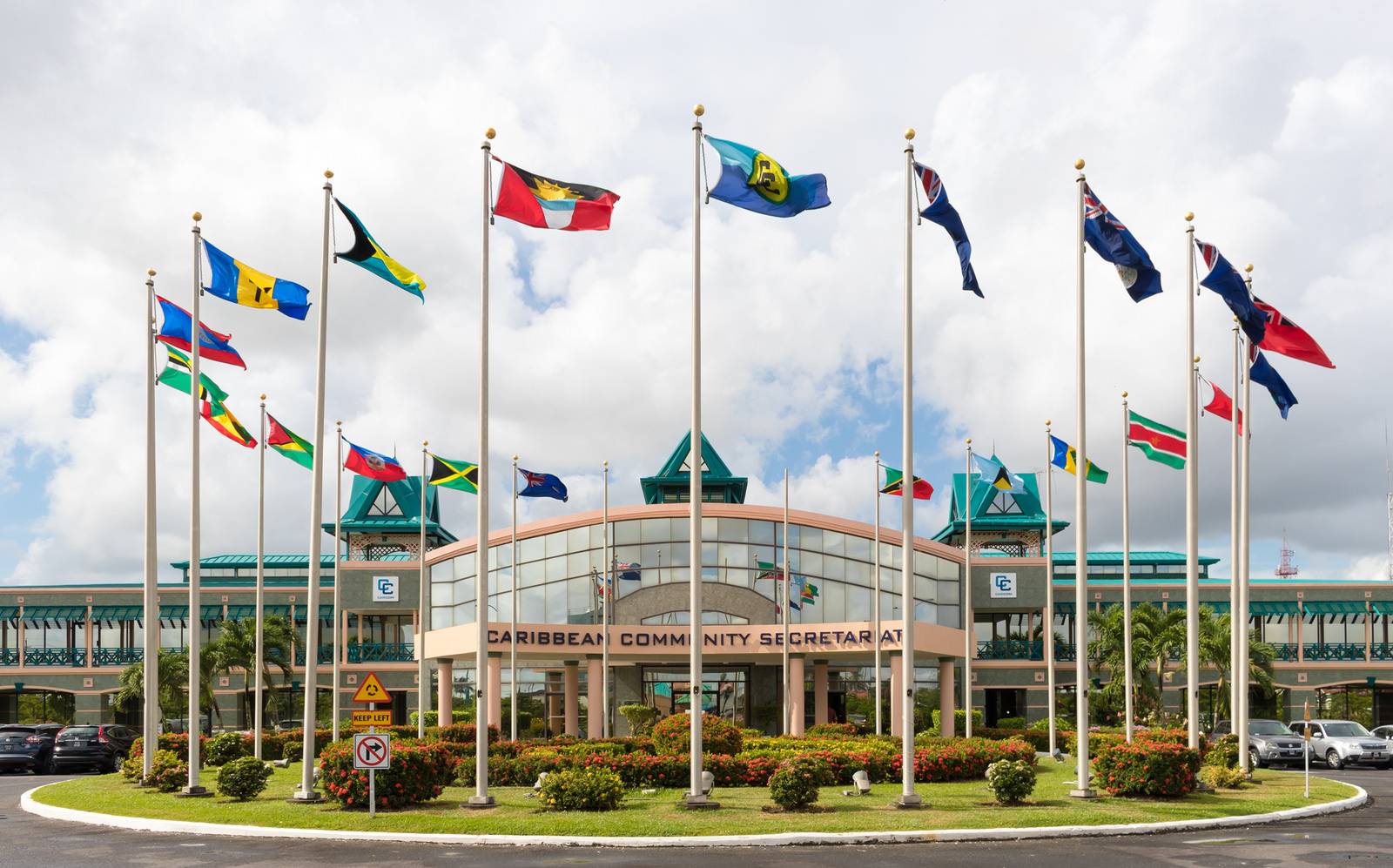
Digital sovereignty: The missing piece in CARICOM integration
The Caribbean region finds itself at a pivotal juncture in the digital era. As CARICOM governments deliberate the adoption of a shared currency—a concept that has reemerged since the Treaty of Chaguaramas—a broader question looms: why not extend this integration to digital sovereignty? In a world increasingly shaped by global platforms, the Caribbean’s daily life is dominated by technologies designed and controlled beyond its borders. WhatsApp orchestrates neighborhood interactions, TikTok influences youth culture, and Western financial apps dominate remittance systems. This outsourcing of cultural and political expression to Silicon Valley raises a critical question: can the Caribbean envision and construct its own digital infrastructure, one that aligns with its values and priorities? Global examples offer inspiration. China’s WeChat has evolved from a messaging app into a multifunctional super-application integrating payments, governance, and social exchange. Similarly, platforms like Douban have fostered cultural communities, while Russia’s VK and Rutube exemplify digital sovereignty. These models, though imperfect, demonstrate the potential for regions to reclaim control over their digital ecosystems. The urgency for a Caribbean alternative is underscored by recent events in Nepal, where youth-led protests, organized via Discord, toppled a government and led to the appointment of the country’s first female prime minister. This highlights the centrality of digital platforms in modern governance. For the Caribbean, the implications are profound. A regional super-platform could facilitate cross-border payments in a shared currency, host cultural content, and provide digital spaces for civic engagement. Crucially, it could reduce reliance on foreign systems that commodify Caribbean identities for profit. However, the pursuit of digital sovereignty must avoid the pitfalls of digital authoritarianism. Transparency, citizen input, and safeguards against surveillance must be foundational. Lessons from global platforms’ failures—such as disinformation and data exploitation—must inform its design. The goal is not to replicate Silicon Valley’s extractive model but to create a system rooted in regional trust and collective benefit. The opportunity is ripe. Caribbean governments are already coordinating in areas like currency, logistics, and education. Extending this collaboration to digital platforms is both logical and urgent. If regional integration is to resonate with citizens, it must encompass the tools they use daily. While trade frameworks under the CSME are being harmonized, the digital platforms mediating Caribbean life remain largely external. For integration to be credible, digital sovereignty must be treated as a core service under the CSME—governed, regional, and accessible. A Caribbean platform for communication, payments, and cultural exchange would fulfill the Treaty of Chaguaramas’ vision, ensuring the region’s digital lives are not outsourced. Such a platform would embody not just technology but sovereignty, resilience, and imagination. In the 21st century, the Caribbean’s independence hinges not only on its borders and seas but also on its digital lives. The question is not whether the region can afford to build such a platform, but whether it can afford not to.
-
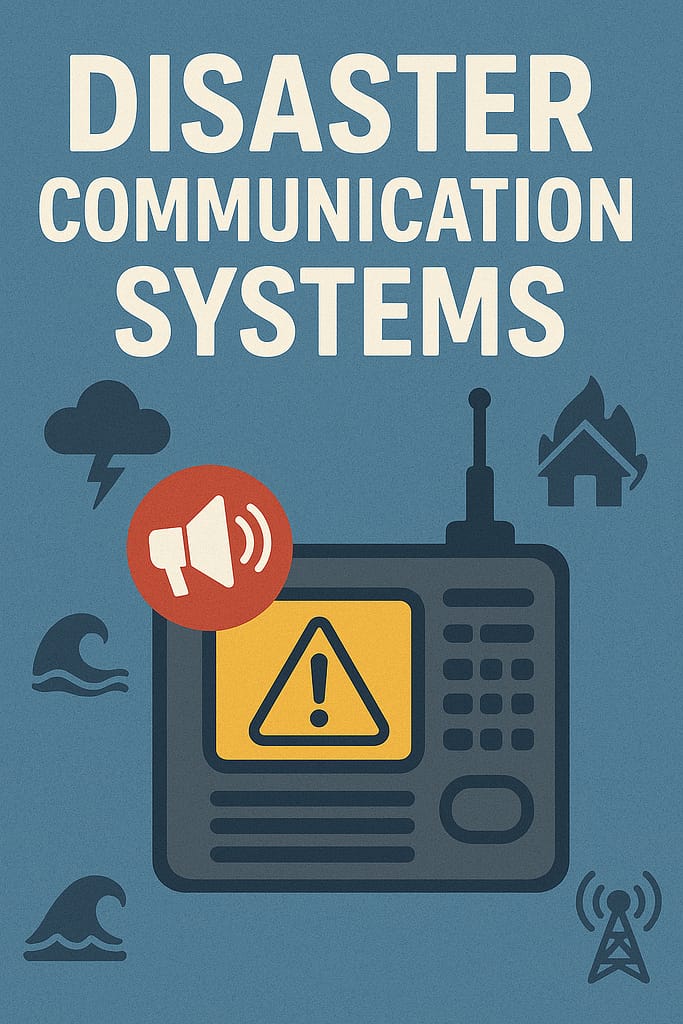
Report Calls for Stronger Disaster Communication Systems in Antigua and Barbuda
The Media Institute of the Caribbean (MIC), with support from UNESCO, has released a groundbreaking report titled ‘Disasters and Crises in the Caribbean Region: A Review of Experiences in Seven Islands.’ This comprehensive study examines disaster communication and information management across Antigua and Barbuda, Barbados, Dominica, Grenada, Guyana, Trinidad and Tobago, and Saint Vincent and the Grenadines. The report emphasizes the Caribbean’s heightened vulnerability to natural disasters such as hurricanes, floods, volcanic eruptions, droughts, and health crises, stressing the urgent need for robust, culturally sensitive, and timely communication strategies before, during, and after disasters. The findings reveal that effective local media operations are as crucial as physical infrastructure in saving lives, combating misinformation, coordinating aid, and ensuring equitable recovery in Small Island Developing States (SIDS). Key insights include the significant role of local journalists in disseminating emergency information and advocating for accountability, despite limited resources and hazardous conditions. The report also highlights the necessity for trauma-informed disaster reporting training, resilient news infrastructure, and stronger partnerships among media, government, and humanitarian organizations. Recommendations include targeted investments in newsroom tools and safety equipment, redundant communication channels, streamlined Freedom of Information processes, and formalized collaborations for coordinated crisis messaging. Kiran Maharaj, President of MIC, described the report as a ‘call to action’ for governments, media leaders, and international partners to strengthen the Caribbean’s communicative infrastructure in the face of climate and health emergencies. Dr. Paul Hector, Officer in Charge at UNESCO’s Caribbean Regional Office, underscored the importance of policy reforms, institutional investments, and community engagement to foster a safer and more resilient region. The full report is available at www.mediainstituteofthecaribbean.com and https://online.flippingbook.com/view/970074714/.
